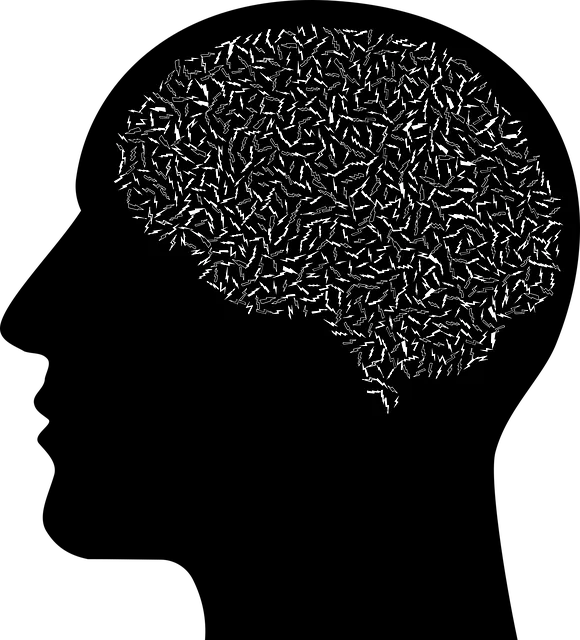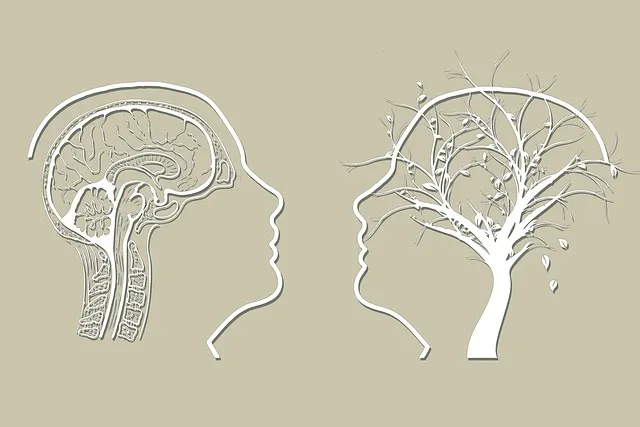Greenwood Village's Kaiser offers inpatient mental health services that include journaling as a powerful self-care tool. Journaling helps individuals process emotions, gain insights through reflection, and build emotional intelligence for effective mental wellness management. Starting a daily 15-30 minute routine with prompts is accessible; maintaining consistency yields significant benefits like increased inner strength and trauma management insights. For extra support, explore Kaiser's Trauma Support Services in Greenwood Village.
In today’s fast-paced world, mental wellness journaling offers a calming sanctuary. At Greenwood Village, recognizing the potential of this practice, we explore its impact on inpatient mental health recovery at our Kaiser facility. This article guides you through understanding and embarking on your own journey, highlighting benefits from improved self-awareness to enhanced healing. We provide practical steps for beginners, ensuring you can effectively ‘dive into’ and maintain a journaling routine, just as many have successfully done at Kaiser’s inpatient facilities.
- Understanding Mental Wellness Journaling: A Personal Journey
- The Benefits of Journaling for Inpatient Mental Health Recovery
- Practical Guidance: How to Start and Maintain a Journaling Routine
Understanding Mental Wellness Journaling: A Personal Journey

Mental wellness journaling is a powerful tool for self-reflection and personal growth, offering an intimate space to explore one’s thoughts and emotions. It’s more than just recording daily events; it’s a journey into the depths of one’s mind, where secrets, fears, and aspirations lie. In today’s fast-paced world, finding moments of calm and introspection can be challenging, but journaling provides a sanctuary for individuals to connect with themselves.
Greenwood Village’s Kaiser, renowned for its healthcare services, also offers inpatient mental health support, recognizing the significance of addressing emotional well-being. Similarly, Crisis Intervention Guidance and Emotional Healing Processes are integral parts of many therapeutic practices, encouraging individuals to delve into their feelings and work through them. Even the production of a Mental Wellness Podcast Series can inspire listeners by sharing personal stories and strategies for navigating life’s challenges.
The Benefits of Journaling for Inpatient Mental Health Recovery

Journaling has emerged as a powerful tool within inpatient mental health recovery programs, offering individuals a means to process their emotions and experiences in a structured yet intimate manner. For patients at facilities like Kaiser in Greenwood Village, engaging in regular journaling practices can significantly enhance their journey towards healing. This therapeutic habit encourages self-reflection, allowing individuals to gain profound insights into their thoughts and feelings. By documenting their daily struggles, coping strategies, and progress, patients can identify patterns, track improvements, and celebrate milestones.
The benefits extend beyond personal growth; structured mental health education programs often incorporate journaling as a core component. Community outreach program implementations that emphasize resilience building find in journaling an effective means to empower individuals. Through regular practice, patients develop enhanced emotional intelligence, improved communication skills, and a heightened sense of self-awareness—all crucial elements for managing mental health effectively. Journaling becomes a personal sanctuary where individuals can safely explore their emotions, fostering a deeper connection with themselves and ultimately contributing to a more holistic recovery process.
Practical Guidance: How to Start and Maintain a Journaling Routine

Starting a journaling routine can seem daunting, but with consistent practice, it becomes a powerful tool for mental wellness. Begin by setting aside just 15-30 minutes each day dedicated to your journal. Choose a time that works best for you—morning routines may help set a positive tone for the day, while evenings can offer space to reflect on experiences and emotions. Consider using prompts if you find yourself stuck; these can be as simple as “What made me happy today?” or more specific questions related to managing stress, like “What challenges did I face and how did I cope?”
To maintain your journaling habit, store your journal in a visible place and treat it as non-negotiable self-care. Incorporate it into your daily or weekly schedule, much like you would any other important appointment. Over time, you may find that reflecting on your experiences helps to build inner strength, reduce the stigma of mental illness, and even provide insight into managing trauma. Remember, consistency is key; even if your entries are short, regular journaling can be more beneficial than sporadic, lengthy sessions. For additional support, explore resources like Greenwood Village’s Kaiser Trauma Support Services, which offer valuable tools for those navigating mental health challenges.
Mental wellness journaling can be a powerful tool for anyone, especially those navigating inpatient mental health recovery, as evidenced by the benefits highlighted in this article. By incorporating practical guidance and consistent routine, Greenwood Village’s Kaiser facility can empower individuals to take charge of their mental health journey. This simple yet effective practice offers a private space to express emotions, track progress, and cultivate resilience—all essential aspects of healing and personal growth. Start your journaling journey today and unlock the benefits that many have found transformative at Kaiser in Greenwood Village.




